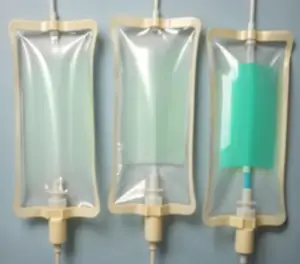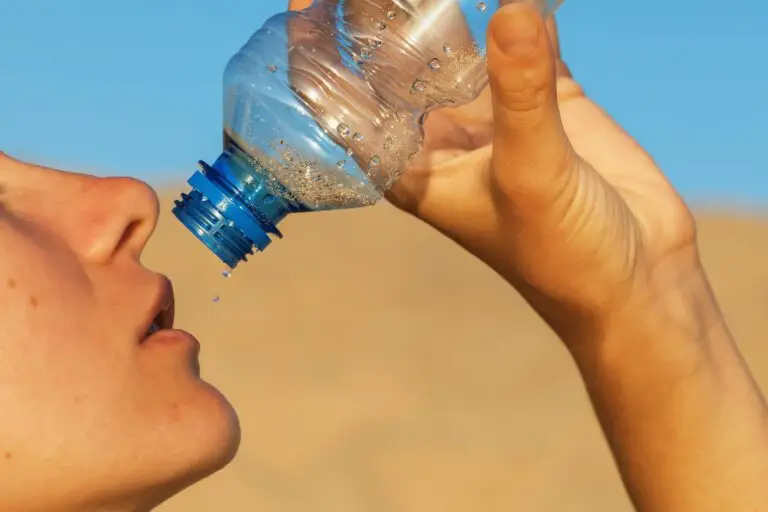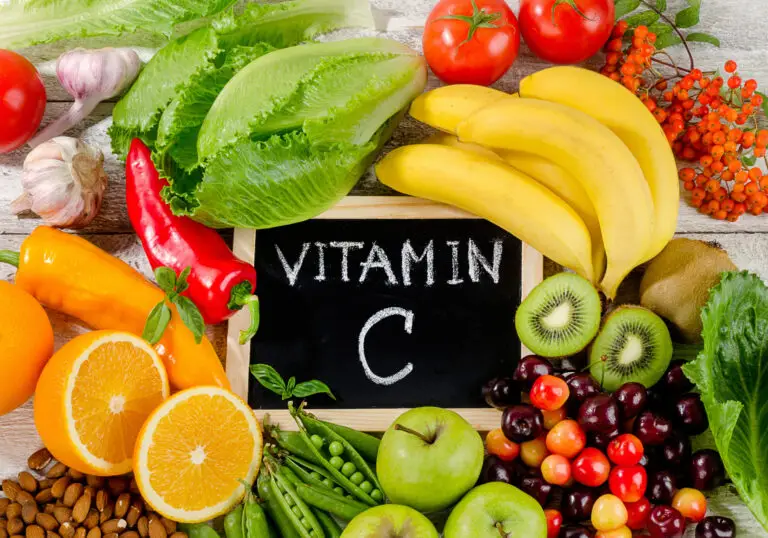IV therapy is a very efficient way of giving necessary vitamins, minerals, and fluids directly into your body. Stopping dehydration, sickness, or just being proactive about feeling better has never been easier than it is with IV therapy. So what are IV fluids, really, and how do they work? Educating yourself on the different kinds of IV therapy can make you better equipped to be informed on the best for your health.
IV therapy types have two general classifications: crystalloid and colloid solutions. They are the components of IV therapy, conveying necessary fluids and nutrients into the body to compensate for loss of equilibrium. Hydrating, recuperating, or treating with IV therapy doesn’t matter–getting to know how these different kinds of fluids work can help you have an improved experience and ensure that you receive the finest treatment available.
In this article, we are going to describe the different types of IV therapy, their uses, and advantages so that you are aware of which IV therapy to select to meet your needs.
How Intravenous Fluids Benefit You?
Your body needs to be in a homeostatic state in order to function at optimum levels. Homeostasis refers to the balance of fluids, oxygen, and electrolytes in your system. Dehydration, illness, injury, or chronic illness, however, can disturb this balance, leading to symptoms such as:
- Fatigue and weakness
- Nausea and dizziness
- Brain fog and confusion
- Headaches and muscle cramps
This is where IV therap types come in. By injecting fluids directly into the blood, IV therapy restores balance by refilling fluids, electrolytes, and nutrients at a cellular level. In contrast to oral hydration, which has some lag time before it gets absorbed, IV therapy ensures that your body is getting the maximum benefits almost immediately.
Let’s explore the two primary IV therapy types and their applications.

Crystalloid vs. Colloid Solutions: A Guide to IV Therapy Types
IV fluids are divided into two categories: crystalloid solutions and colloid solutions. Both are essential, but their composition and effects on the body are quite different.
-
Crystalloid Solutions
Crystalloid fluids are the most common IV therapy liquids. Crystalloids contain minute particles that can pass freely through cell membranes, hence allowing them to distribute fluids within the body effectively. The liquids are primarily used for hydration, electrolyte balance, and mild to moderate fluid loss.
Crystalloid liquids are also classified into three subtypes:
Hypotonic Solutions
Hypotonic solutions help in the hydration of cells by increasing intracellular fluid volume. Hypotonic solutions are ideal for dehydrated, diabetic, or fluid imbalance patients. Some of the popular hypotonic solutions include:
- 0.45% NaCl (Saline) – For treating excess sodium (hypernatremia) and mild dehydration.
- 0.33% NaCl – For water retention in renal impairment patients but should be administered cautiously to avoid fluid overload.
- 0.225% NaCl – An IV solution used mostly in children and often combined with dextrose for energy supplementation.
- 2.5% Dextrose in Water – Excellent for treating mild dehydration, especially that associated with illness, hangover, or excessive sweating.
Hypertonic Solutions
Hypertonic solutions draw water from cells and into the circulatory system and are therefore helpful in draining off edema, balancing electrolyte imbalances, and increasing circulatory volume. Hypertonic solutions are particularly helpful for patients who have experienced major surgery or trauma.
Some common hypertonic solutions include:
- 3% NaCl and 5% NaCl – They are employed to correct severe sodium imbalances and cerebral edema.
- 5% Dextrose in 0.45% NaCl – They replete electrolytes while maintaining the level of hydration normal.
- 10% Dextrose in Water – They provide calories that are required by patients who are unable to consume food orally.
Isotonic Solutions
Isotonic solutions are of the same concentration as body fluids and can therefore promote osmotic balance without interfering with cell functions. They are some of the most commonly administered IV therapy types since they offer hydration, electrolyte replacement, and circulatory support.
Some of the most commonly used isotonic solutions are:
- Lactated Ringer’s Solution – Used extensively in emergency rooms for trauma, burns, and massive blood loss.
- 0.9% NaCl (Normal Saline) – IV fluid used for dehydration and balancing electrolytes.
- 5% Dextrose in Water – Gives calories to hospitalized patients who are unable to take food.

-
Colloid Solutions
Colloid solutions differ from crystalloids because they possess larger particles which do not traverse cell membranes but remain in circulation. This qualifies colloid solutions for the administration in severe fluid loss, shock, or hypoproteinemia. Unlike crystalloids that redistribute fluids throughout the body, colloids help maintain blood volume by drawing water into the circulation. It is utilized in the hospital for those patients in need of fluid resuscitation immediately.
Examples of some colloid IV therapy products include:
- Albumin (5% and 25%) – To treat blood volume loss and protein deficits.
- Hetastarch and Hespan – Expand blood plasma volume in large surgeries or trauma.
- Low and High-Molecular Weight Dextran – Improve circulation and prevent clotting in surgical patients.
Choosing the Right IV Therapy for Your Condition
Understanding the different types of IV therapy will allow you to make the best choice for your condition. If you need hydration, electrolyte replacement, or forceful fluid replacement, there is an IV solution that is right for your condition.
When to Choose Crystalloid IV Therapy:
- Mild to moderate dehydration
- Fatigue and mental fogginess
- Electrolyte imbalance
- Recovery from illness, physical therapy, or jet-set travel
When to Choose Colloid IV Therapy:
- Severe fluid loss and dehydration
- Blood loss due to surgery or trauma
- Low protein levels or malnourishment
- Patients in intensive care units
Rehydrate and Revitalize at The IV Lounge
If you need to optimize your health and hydration, IV therapy treatment can be just the solution that your body craves. At the IV Lounge, there is a range of customized IV treatments, including the Master Cocktail, that are specially designed to rebuild balance and enhance overall wellness.
The Master Cocktail contains:
- Vitamin C – Boosts immune system and reduces inflammation.
- Vitamin B Complex & B12 – Supports the production of energy and brain performance.
- Glutathione – Detoxifies your body and enhances the health of your skin.
- Calcium & Magnesium – Supports healthy bones and calming muscles.
- Potassium Bicarbonate – Maintains electrolyte balance and hydration. Supports detoxification through the urinary system.
By choosing the perfect IV therapy solutions, you can give your body what it requires in order to function at its best. If your body needs hydration, energy, or recovery support, The IV Lounge has the perfect IV therapy that is perfect for you.
Schedule your appointment today and get the benefits of personalized IV therapy that addresses your specific needs!










